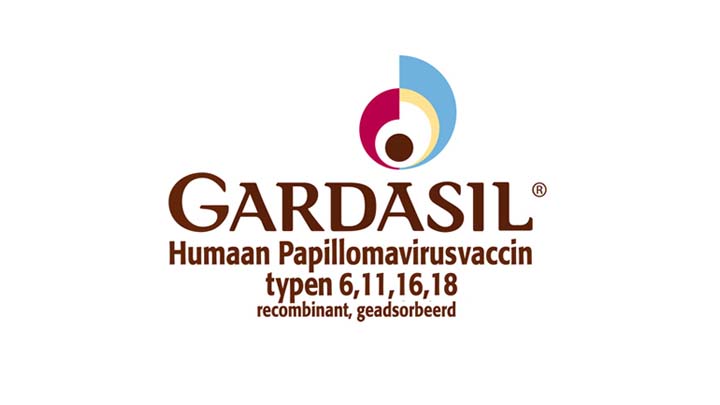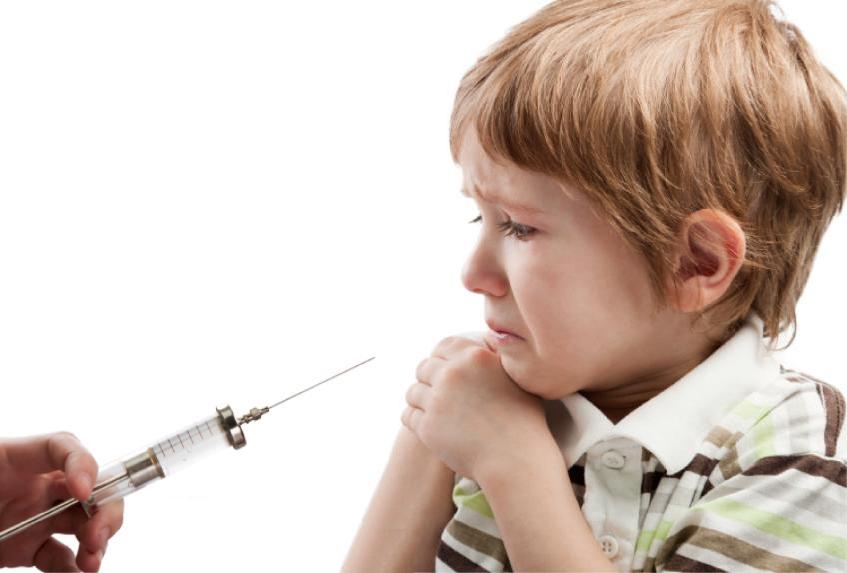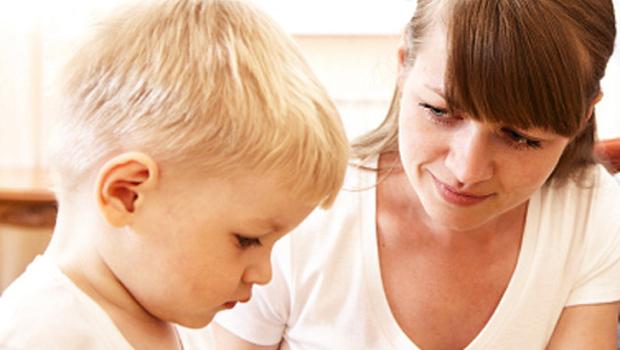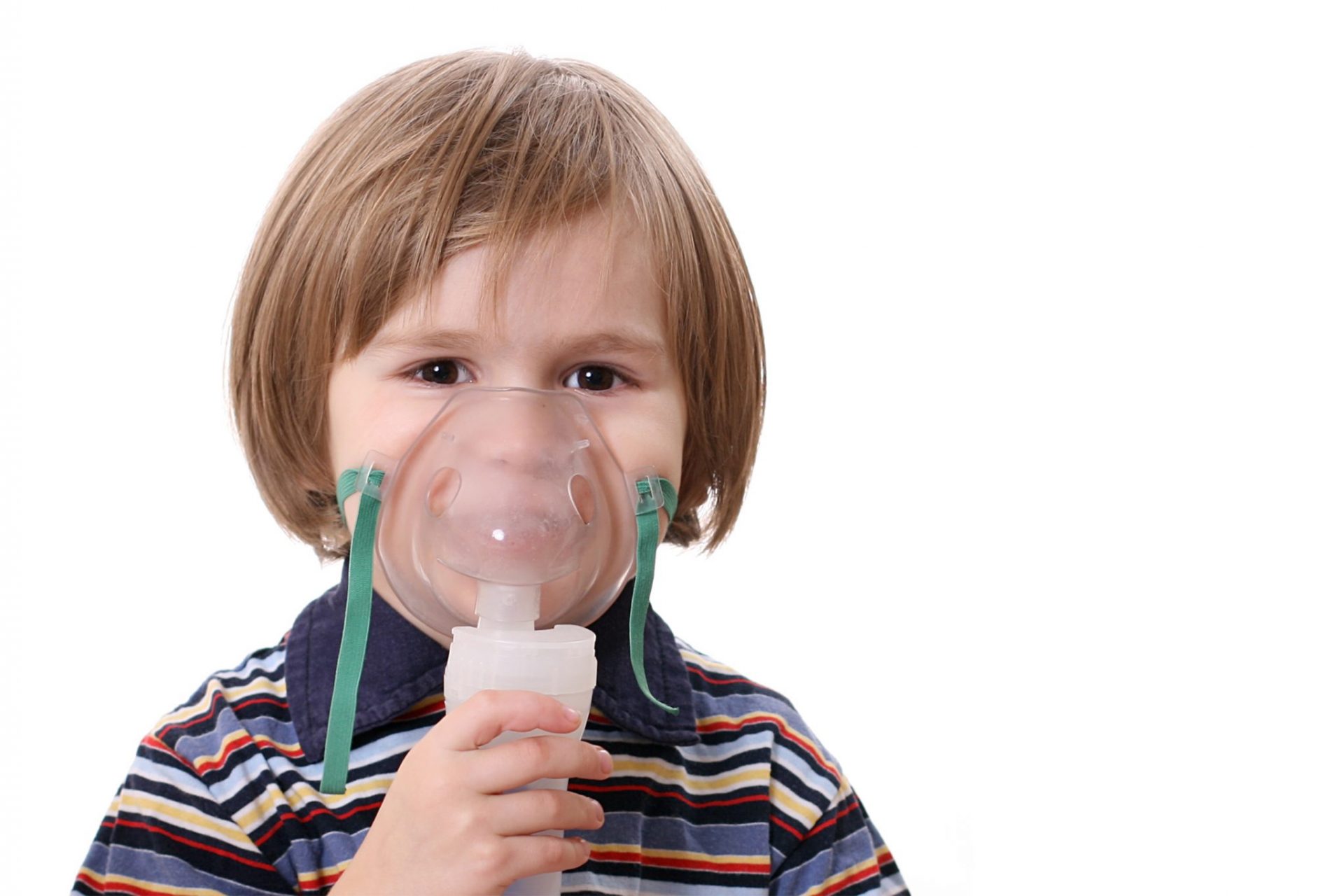The popularity of a home birth is back and has a huge effect on your child’s future health
(NaturalHealth365) Are you planning on starting or growing your family soon? A new study offers eye-opening information about the benefits of bringing your child into the world via a home birth.
Unfortunately, many women don’t consider this method because it’s downplayed (or discouraged) by family members, friends and even doctors! But, it turns out that having a baby in a hospital can actually have a negative impact on your child’s immune system.
Why? It turns out that the ‘sterile’ hospital environment and institutionalized birthing practices like the hepatitis B vaccine for newborns are to blame for much of the risk.
Find out why a home birth is a smart move for your family health
The study, which was published in the October 2018 volume of Scientific Reports, assessed the microbiome of fecal samples from 35 vaginally-born infants and their mothers (maternal vaginal swab samples were also taken). Of the 35 infants (all of whom were breastfed – another smart way to boost immunity), 14 arrived via home birth and 21 were delivered in the hospital.
Fecal and vaginal samples were taken repeatedly over the course of a month, and the results were decisive:
Infants born in hospitals had significantly less diverse healthy bacteria within their guts. This is known in the scientific community as “gut microbial dysbiosis.”
The significant difference is attributed to the overly-clean environment and practices found within hospital settings – which effectively strip the opportunity for healthy exposure to and subsequent colonization of healthy bacteria from maternal vaginal canals to newborn children.
What’s the problem with a poorly developed microbiome?
The results of this study and related research are telling:
A home birth (compared to a birth in a sterilized and busy hospital setting) can set a young child up for a more robust gut microbiome and, ipso facto, stronger immune health. And while more research needs to be done to make sense of these shocking findings, it’s generally understood that the potential impacts of a poorly developed gut microbiome can be significant and lifelong.
For instance, in a 2014 review published in Frontiers in Immunology, the reviewers draw from the available literature to conclude that a poorly developed microbiome – of which a lack of bacterial diversity is likely a factor – has been associated with an increased risk for a variety of long-term health problems in children, including diabetes, obesity, inflammatory bowel disease (IBD), and asthma.
Doctors push Cesarean sections on mothers at an alarming rate: Here’s why this matters, too!
The authors of this 2014 review also point out that Cesarean sections – which are major revenue sources at for-profit hospitals – can negatively impact a child’s microbiome. It’s no surprise that Cesarean delivery is correlated with an increased risk of offspring Celiac disease, IBD, and obesity, to name just a few consequences.
Clearly, Cesarean sections and hospital births are common, and in some cases are necessary for the health of mother and baby. But unfortunately, women are overwhelmingly not being given the information they need to make informed decisions about where and how to deliver their babies – including women with healthy and uncomplicated pregnancies for whom a home birth may be perfectly indicated.
The idea of a home birth is probably foreign to many would-be parents, at least in the Western world. Moreover, Cesarean sections are often pushed on expecting mothers even when there is no medical necessity for them.
The fact is, current research makes a strong case for at-home, vaginal deliveries when possible. And even if a Cesarean section isn’t performed, a vaginal delivery in a hospital still does not confer the same immune health benefits to a child as does a vaginal delivery performed within the comfort and safety of a family’s own home.
Final word to mothers and fathers: Educate yourselves and talk to your doctor. A home birth may very well be possible for you – and if it is, it could be one of the best ways to set your child up for a healthy future.
Sources for this article include:
Sciencealert.com
Nature.com
NIH.gov
TheLancet.com
JAMAnetwork.com
ConsumerReports.org
NPR.org















